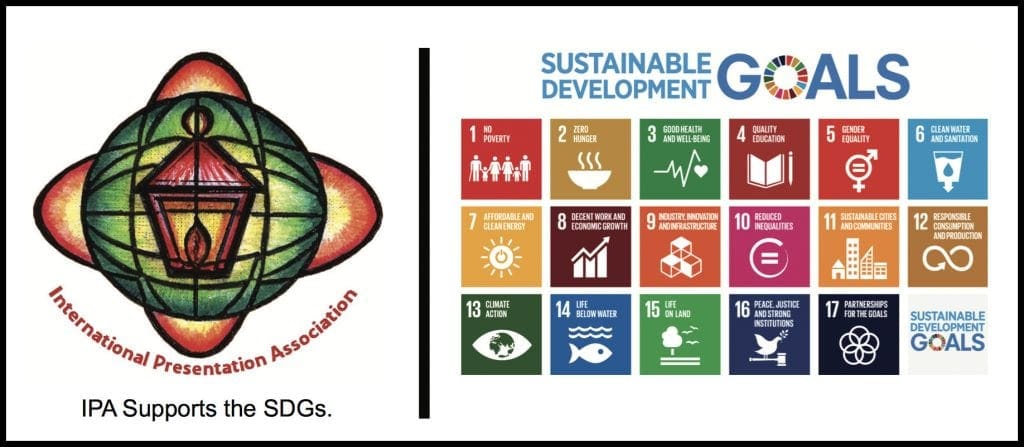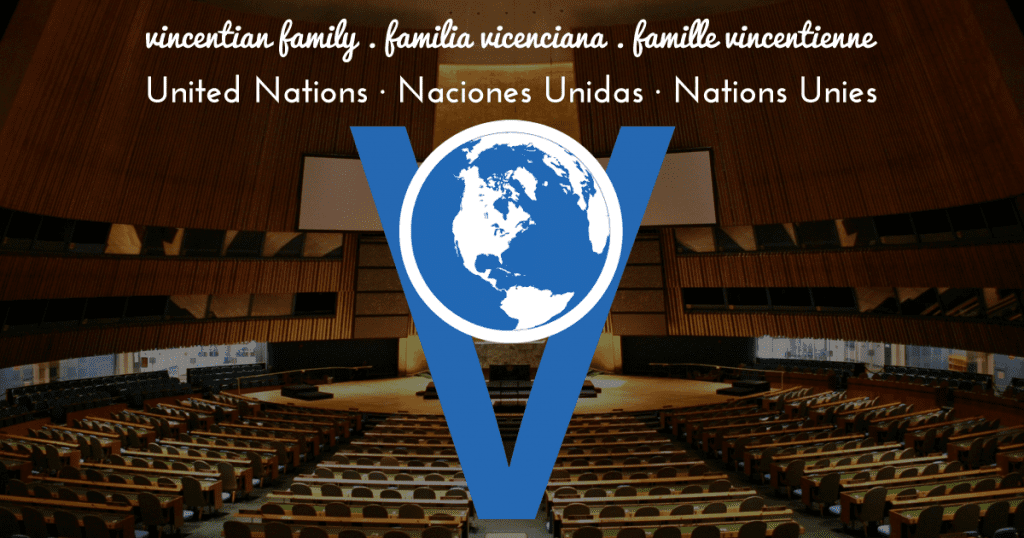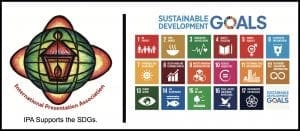
This year I was invited with other NGO colleagues at the UN to review and give input on a guide for popular education on the SDGs. I am very thankful for this opportunity that was an intense educational moment for me on the Human Rights perspective of the SDGs. One of the main features of our United Nations NGO work is that we all try to come together to develop tools to create awareness, educate or inform about what is going on at the UN, and especially to promote the 2030 agenda. The International Presentation Association created “a popular-education resource for groups to explore a critical engagement with the SDGs and to identify advocacy strategies for advancing social, economic, and environmental justice in our communities, countries, and world.”
I think that this is a great tool and a collective dream “about ensuring that the people truly own the Sustainable Development Goals. The collective effort by some NGOs at the United Nations resulted in this guide, ‘Critical Hope for the SDGs: Advocating from the Margins for Social, Economic, and Environmental Justice in the Context of the UN Sustainable Development Goals.’ The desire is that the SDGs would reach the people in a manner to and in which they could relate and participate. We wanted the SDGs to become the people’s agenda.”
“Critical Hope for the SDGs is a unique and invaluable guide. It is an instrument of justice. Reliant upon the applied wisdom and experience of the reader, it offers a just, critical and theological approach to understanding of and advocating for the Sustainable Development Goals (SDGs). This guide will enable critical engagement with root cause analysis and rights-based advocacy at the local and national level. Using a popular education process, groups can be empowered to analyze how their lived reality can be enhanced by a just and equitable implementation of the SDGs. Conversely, groups can identify and address red flags and unmask deeply-rooted unsustainable and unjust development approaches that persist in the 2030 Agenda for Sustainable Development.” – Sr. Áine O’Connor, RSM)
True to its promise the guide will enable SDG training that:
- promotes personal agency and empowerment;
- strengthens democracy;
- fosters a systemic analysis;
- builds a sense of community and connectedness;
- focuses on organizing for taking action; and
- can be adapted for many types of groups, ages, and contexts.
We would like to share the guide with all of you so you can use it as an educational tool, and as an instrument for advocacy and justice. Click the image below or click here for a copy of the guide.
Guillermo Campuzano, CM is the Congregation of the Mission UN representative







0 Comments